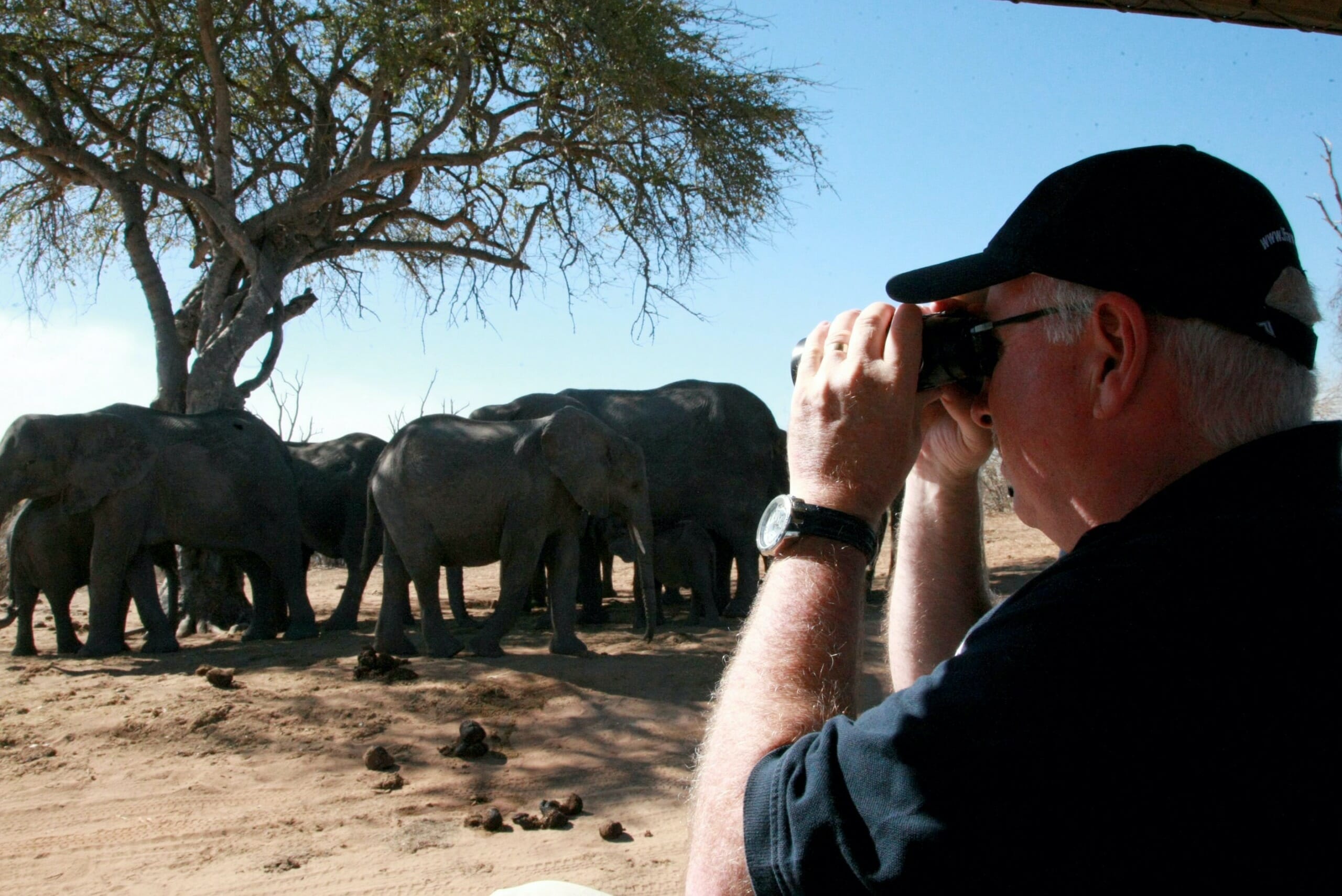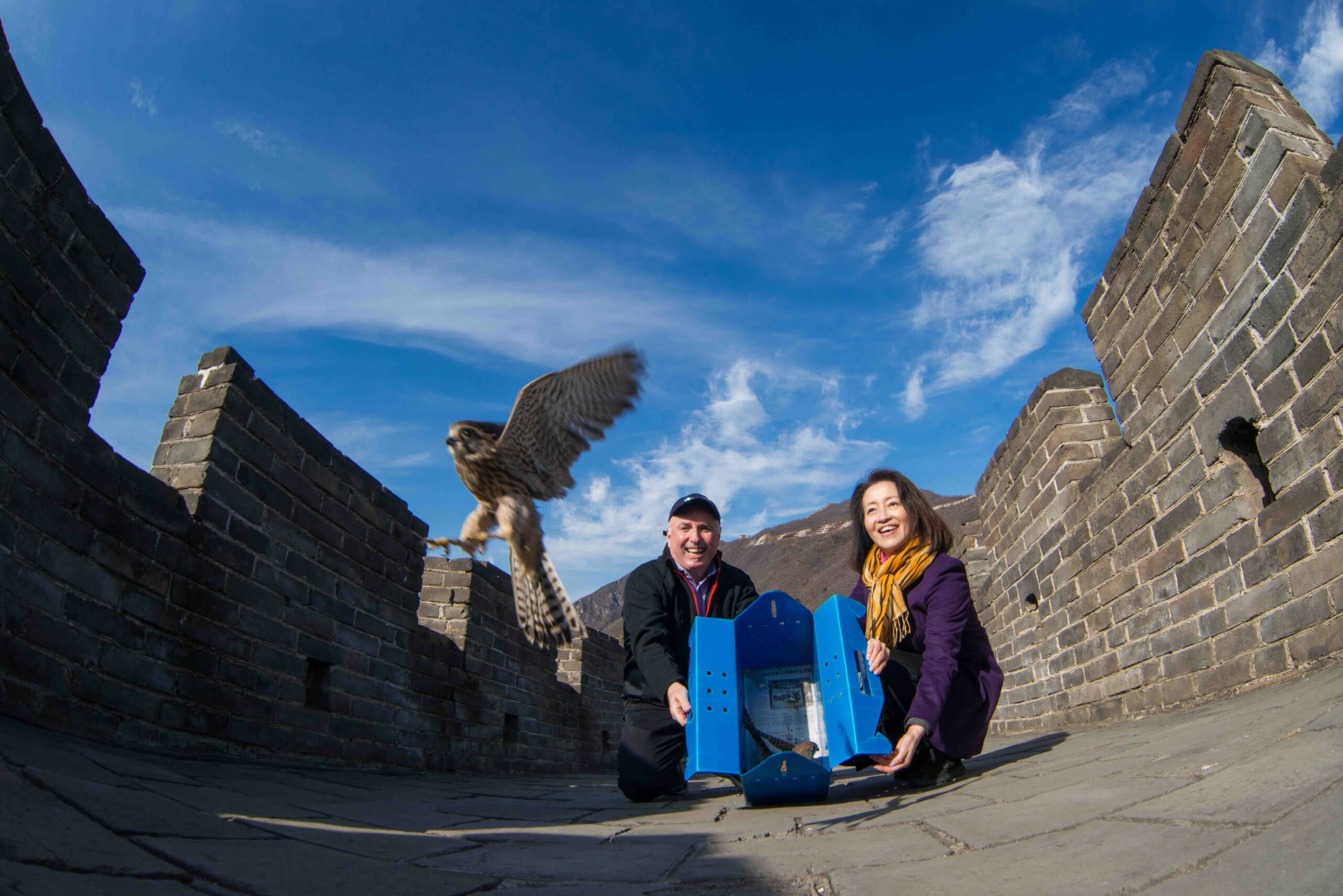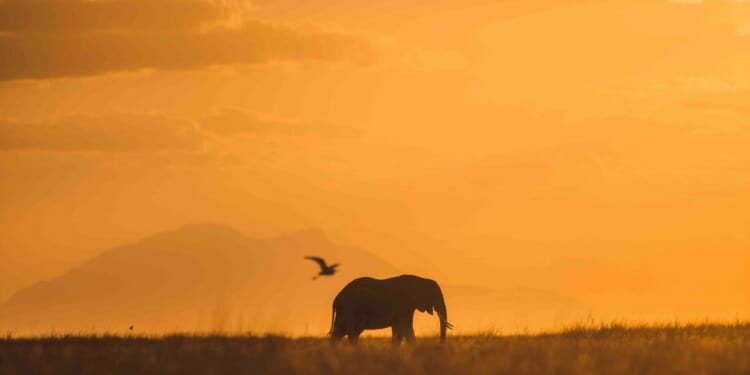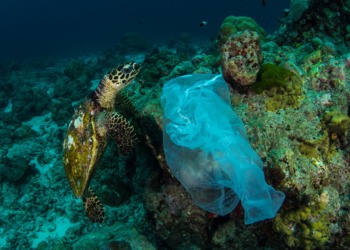The natural world is magnificent in both its beauty as well as its complexity. Nature is often referred to as ‘simple’, when the truth is, there is rarely anything simple about the processes and iterations of life that come together to produce such a rich tapestry of biodiversity.
As complex as the natural realm is, the world of conservation, which seeks to preserve that realm, is also one that is by no means free of complexity or confusion. It is true that wildlife will pretty much ‘take care of itself’ if it is left alone — in essence, if the human factor is removed from its oft position of influence or interference. Populations often bounce back and, to quote the late 90’s film, “Jurassic Park,” ‘nature finds a way.’ The key challenge in achieving results, however, is getting the message of conservation across to humans.
I am often asked why anyone would care about elephants, lions, or giraffes, when truthfully, though they command such awe and attention, their existence doesn’t actually affect their lives directly. More interesting than the question itself, is who poses the question. Most often it is men. I don’t think it is necessarily because all men think about conservation differently than all women. I think it stems mainly from the fact that many of the decision makers with whom I meet in the conservation field tend to be men. This herein is a flaw of the field itself.

As head of the International Fund for Animal Welfare (IFAW), I have had the pleasure of meeting with numerous women during my extensive travels to project sites across the globe. Some directly involved through professional roles in conservation; others not. But more importantly, I have had a chance to meet with those women who are the ones actually living alongside wildlife. Coexisting, cohabitating; regardless of the term, the concept is the same. But the conversations are quite different. Rarely are those conversations about policy, but about the daily life and struggles of the family unit as a result of living alongside wildlife.
Conservation for many women around the world involves a personal struggle — even if they don’t actually use the word ‘conservation’ to express how they view wildlife and the dangers of living so deeply intertwined with it. It is a concept that is far removed from our Western mentality that so often involves ‘fortress conservation’ or simply rounding up species in protected areas and ‘looking at them from the outside in’.
Related Articles: Jennifer Gardner Rescuing Animals Threatened by Natural Disasters | Josey Sharrad, Wildlife Campaigner, Protecting Australia’s Animals | Lei Zhou — Conserving China’s Birds of Prey
The women I meet live in a world far more ‘conjoined’ with wildlife than many often realize. And as our goal at IFAW is for animals and people to thrive together in the place we call home, I believe it is this concept of home that most deeply resonates with the spirit of these incredible women I encounter in conservation. Many may not necessarily have a direct affiliation to IFAW or be formally trained to address the most pressing wildlife struggles, but have no doubt, they are indeed involved in and critical to conservation as a whole. They embody the strongest spirit of the family unit; and their engagement in the act of conservation is an act of expanding that family unit and embracing the broader family of the natural world all around them.
Including women directly in IFAW’s conservation efforts can and has taken many forms. From embracing the talent and tenacity of Team Lioness, a group of women rangers in Kenya who, for the first time in their Maasai community, stand proud in the shoes formally worn only by men; to investing in small business enterprises both owned and managed by women in Malawi; to engaging with the women of the local community, acknowledging their expertise and perspective around engaging with wildlife. These are all acts of women in conservation.

One conversation that I had with a local Maasai woman has stayed with me all these years. When discussing whether or not a local IFAW conservation project had made any difference to her, she politely responded that the people in the community were indeed very happy to see women involved in the projectitself. I pressed her further to find if the project had made any difference to her personally. She said that she realized that there were ways to peacefully share critical resources like water with local elephants, recalling that this realization echoed what her own mother and father had taught her about coexistence as a young girl. Her next sentence certainly stuck with me when after some hesitation, she shared, “I feel as though I was living in a shadow and that by simply being heard and having my opinion valued, I have now been emerged from that shadow.”
I have no doubt that leadership will continue to emerge at all levels amongst the strongest of women who have previously dwelled in the shadows. Women are not just one of the many players in the forefront of conservation; they are the greatest untapped potential, the ones who most realize that it is not a ‘save one or the other’ proposition, but rather a chance to ultimately save the broader family unit which includes us all. This is the true embodiment of our most hopeful future and our collective chance to achieve true coexistence with the natural world.
Editor’s Note: The opinions expressed here by Impakter.com columnists are their own, not those of Impakter.com. — In the Featured Photo: A picture of an elephant in the wild. The photo was taken and auctioned at IFAW’s recent global auction, Art to Roam, which raised $53,200 AUD. The proceeds will go to conservation projects in Africa and the artists. Featured Photo Credit: IFAW.










